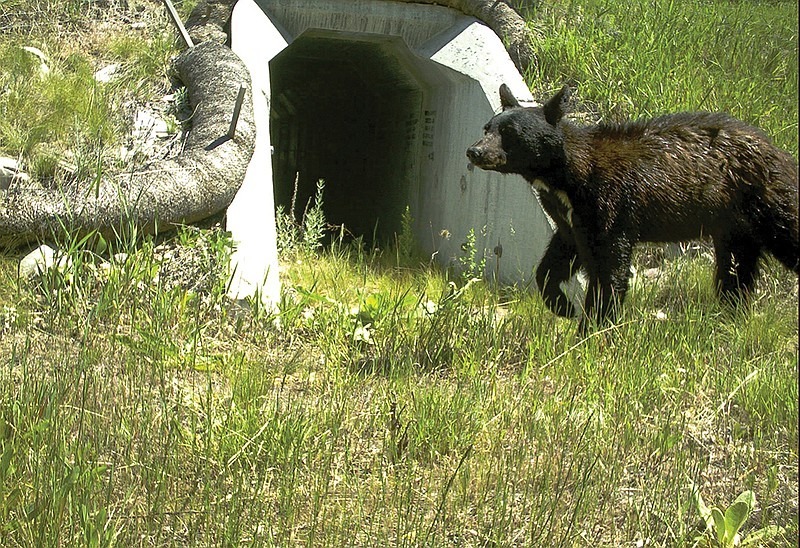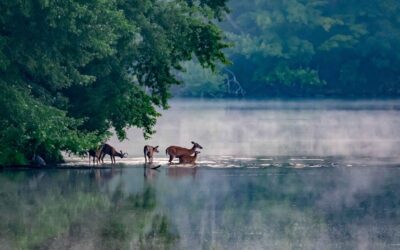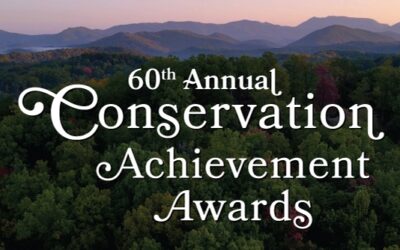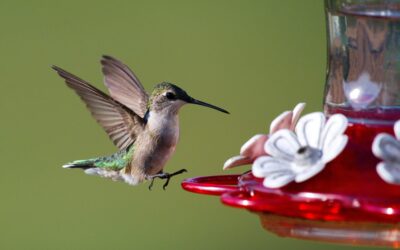On average, more than 28,000 vehicles travel on I-40 between Tennessee and North Carolina every day. This interstate cuts through incredible wildlife habitat in the Great Smoky Mountains. Wildlife are either restricted to one side of the highway or have to find a way to cross it to access essential resources such as food, water, mating sites, and cover.
Conservation groups at the national and state level have joined forces to alleviate this issue with Safe Passage: The I-40 Pigeon River Gorge Wildlife Crossing Project. The goal of the project is to implement several types of wildlife crossing structures along I-40 to reduce the amount of wildlife-vehicle collisions and improve safety for wildlife and people traveling through the region.
Wildlife crossing structures are most effective when they are systematically placed in areas where different species of wildlife attempt to cross roadways. As part of the Safe Passage project, Wildlands Network and the National Parks Conservation Association released results of one of the largest road ecology studies conducted in the eastern United States. The study found 140 deer, bear, and elk were killed in wildlife-vehicle collisions along I-40 in the Pigeon River Gorge from 2018 to 2020. The researchers then used this data to recommend 20 locations within the study area to build new and improve existing wildlife crossing infrastructure.
Tennessee Wildlife Federation, along with other partner organizations on the Safe Passage project, recently talked with Chattanooga Times Free Press about the importance of wildlife crossings and progress of the project. Read the full article here.
Featured photo from Montana Department of Transportation and Great Smoky Mountains Association




